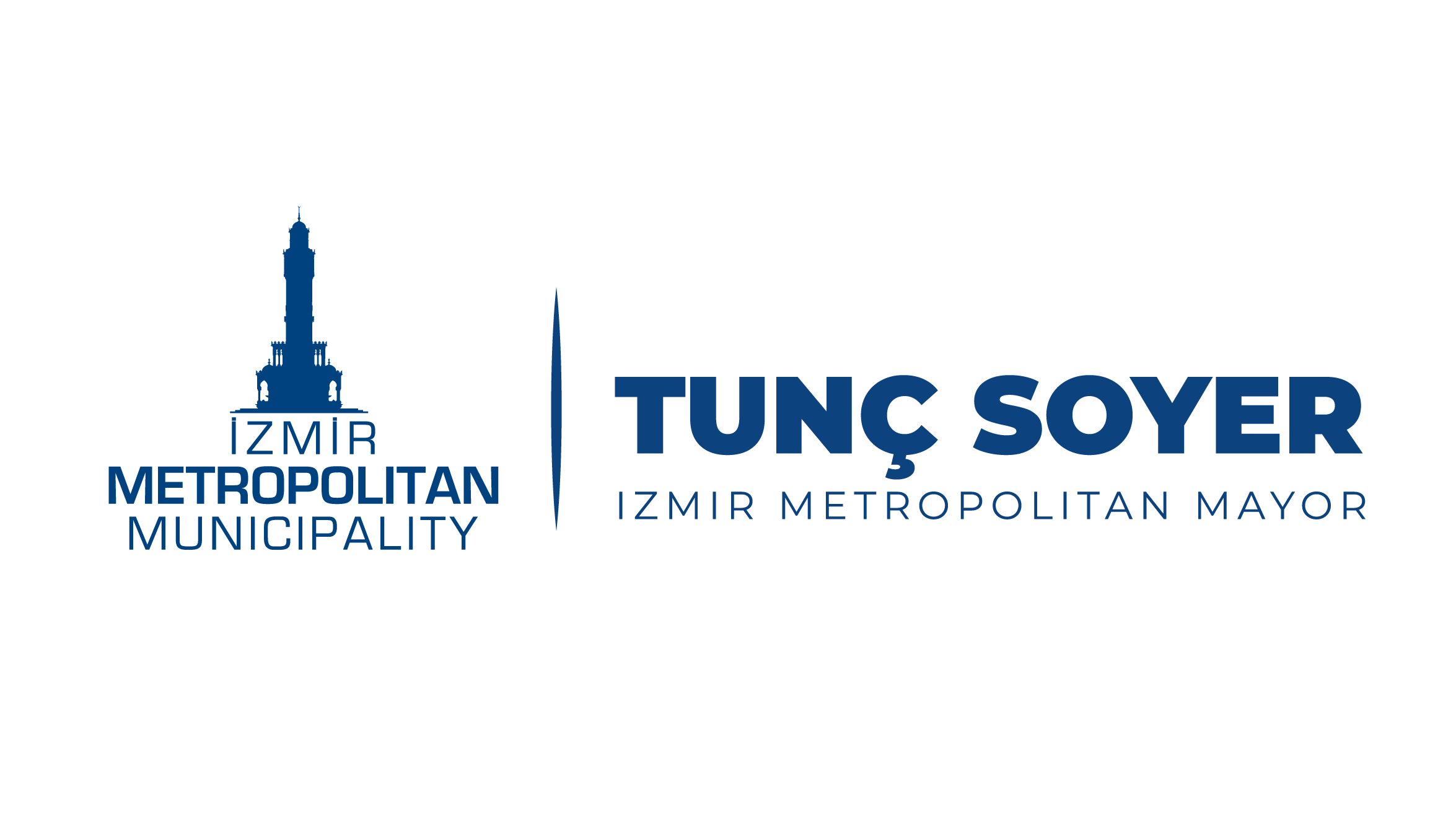
K.K.: Izmir is in constant interaction with cities and institutions from around the world. Mayor Soyer and our city assume leading roles in major international organizations from Congress of Local and Regional Authorities of the Council of Europe to ICLEI-Local Governments for Sustainability, from United Cities and Local Governments (UCLG), to MedCities and Euro-Mediterranean Regional and Local Assembly (ARLEM).
In recent years, Izmir has made significant international climate commitments. We are a signatory of the Covenant of Mayors. In 2021, we joined the Cities Race to Zero campaign to reach climate neutrality by 2050. In 2022, Izmir became one of the 112 leading cities participating in the EU Mission for 100 Climate-Neutral and Smart Cities by 2030. Joining ACR+ will strongly contribute to achieving our international climate commitments and it will create new synergies with all our international cooperation efforts.
- Rebuilding one of our waste transfer stations as a mechanical treatment facility: This conversion will generate additional energy resources through RDF production.
- We signed a declaration of intent for the 'Smart Plastic Cities' initiative launched by WWF World Wide Fund for Nature.
- We will start harvesting rainwater in response to the climate crisis and increasing drought.
- We will submit project proposals within the Interreg NEXT MED which is an EU transborder cooperation programme in the Mediterranean area. We would like to partner with EU institutions and cities to realize innovative projects in waste management.
ACR+: Talking about waste management, what has been done in Izmir? Your government is promoting a zero-waste management approach to reduce the amount of waste to be disposed of by 15% and aims to recycle 60% by weight of municipal waste. Where do you see yourself in this regard?
K.K.: Municipal waste management system in Izmir is based on Mechanical & Biological Treatment (MBT) process. In Izmir 4 500 tonnes of waste is being generated each day. For processing these wastes more sustainably, we built three energy plants having a power capacity of 44 MW. On the other hand, we started a recycling project with IZDOGA and focused on the inclusion of informal waste collectors in our recycling system. Mayor Soyer has placed a great emphasis on recycling by activating IZDOGA. He made a significant investment. The company started a project called IZ-Cycle. Under this project, a mechanical sorting facility was built, informal waste collectors were employed, and twelve separate collection trucks and twenty-two electric motorcycles were purchased to collect waste in narrow streets. The Project is being implemented in the most crowded eight districts of Izmir. IZDOGA has also started to separate textile waste in these regions, which poses a major threat to resource conservation and climate change. This indicates how we are not only striving with high amount of waste, but also the economic structure by trying to improve social conditions and quality of the collection and recycling services.
ACR+: Could you give more information about your approach to climate change issues, please?
K.K.: We are the first municipality in Türkiye to join the European Bank for Reconstruction and Development (EBRD) Green Cities Network and to prepare its Green City Action Plan (GCAP) and its Sustainable Energy and Climate Action Plan (SECAP) with the support of the EBRD.
Izmir GCAP and SECAP identify, prioritize, and address the most urgent environmental challenges by complying with the IMM Strategic Plan which aims to shape a future in harmony with nature.
Within the scope of these plans, we have identified actions on waste management. We are improving resource management facilities in line with waste disposal and energy production targets. We prevented 643 000 t/y CO2 equivalent greenhouse gas emission and reached 8.32 % of our 2030 mitigation target in our roadmap on climate change issues in the city.
ACR+: Are there some challenges on your way to meet your targets, especially in waste management services?
K.K.: Of Course. The main challenge is the need for land, as we need new facilities and new project sites. Allocation of project areas is really challenging because of the city’s ancient, agricultural, mercantile and ecological structure. As engineers working in public institutions, we must adapt the project to nature. In this direction, we want to transform these areas and restore their natural structure through our facilities. We can feed the land and thus make a restoration of the soil by our outputs from recycling, recovery and biological processes.
Promoting recycling investments meeting social, economic and quality requirements is another challenge. Every additional application and expectation for the environment may be perceived as needless and expensive at first glance but they are essential for the long-term sustainability of our city.
ACR+: What about your zero-waste approach as an institution?
K.K.: With the entry into force of the legislation banning the free distribution of lightweight plastic bags in 2019, the main principles of zero waste practices were defined and IMM simultaneously started related projects. In order to promote recycling, IMM Presidency Building, and all its units got Zero Waste Certificate.
ACR+: Finally, would you like to say a few words to summarize your perspective?
K.K.: Circular Culture concept summarizes our perspective very well. We need to restore harmony with nature, with each other, with the past and with change to reach UN Sustainable Development Goals. Our waste management approach follows Circular Culture framework and creates environmental, social and economic benefits through holistic measures. In our projects, we take responsibility from design to operation for creating the maximum impact for a sustainable, resilient, just and inclusive city.



